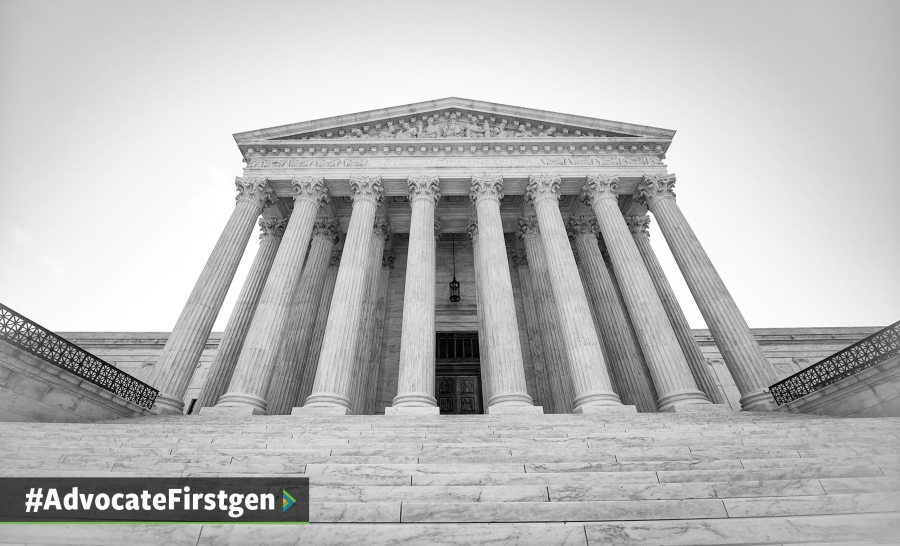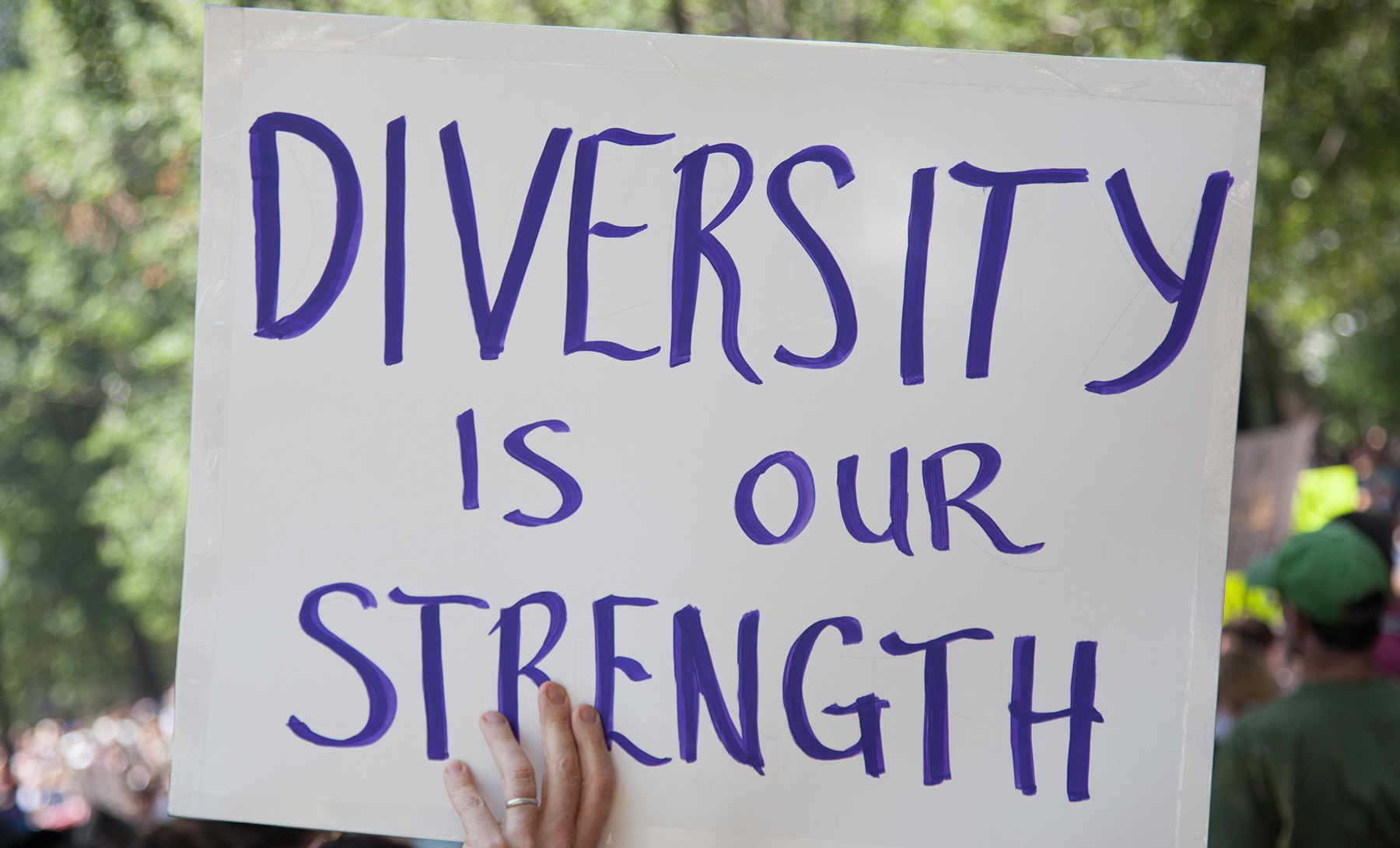Three Ideas for Post-Coronavirus Educational Recovery
There are many ways that schools can proactively address the inevitable and inequitable gaps caused by coronavirus-related school closures.
FirstGen Forward / August 08, 2023

The United States Supreme Court’s decision in Students for Fair Admissions, Inc. v. President and Fellows of Harvard College barred the use of race as a factor in college admissions decisions. This ruling challenges some higher education institutions’ ability to diversify their enrollment and raises concerning implications for the first-generation college student identity. In this instance, advocating on behalf of first-generation students may require exercising caution with respect to how your institution positions and uses that status in the admissions process.
First-generation students, who identify with multiple ethnicities, races, ages, socioeconomic status, geographical areas, and enrollment status, enrich higher education environments through their varied and diverse perspectives. Yet, using a “first-generation student” designation to ensure higher education institutions remain diverse is not enough. While many racially diverse students share the first-generation identity, others do not. Solely using first-generation status as a means to diversify an institution racially is insufficient.
Solely using first-generation status as a means to diversify an institution racially is insufficient.

In response to the Supreme Court’s decision to end race-conscious admissions, some smaller private institutions recently ended their policy of legacy admissions, which gives preference to the children of alumni. Through these decisions, institutions hope to signal to prospective students from underrepresented backgrounds that diversity is important.
Diversity is critical to an enriched educational experience. Higher education institutions must develop alternative strategies for cultivating racially diverse environments and continue offering equity-centered programming to support retention, persistence, and degree attainment for all students that need it most. Fostering an inclusive campus remains an integral part of the mission of higher education and is key to promoting academic inquiry and advancing student success.
Having access to information on their first-gen population could dissuade institutional leaders from grouping their diversity efforts under a ‘safe’ label like 'first-generation college student.'
First-generation students can also be limited-income students, students of color, LGBTQ+ students, international students…the list goes on. By familiarizing themselves with the definition(s) of ‘first-generation’ used throughout their institutions as well as those used in collecting data about this population, administrators can fully understand the exact nature of their first-generation student population and not make assumptions. Having access to this information could dissuade institutions from grouping their diversity efforts under a ‘safe’ label like “first-generation college student.”
To #AdvocateFirstgen, we must ensure that first-generation students continue to have the support they need to reach graduation (which often includes other identity-based support programming), while at the same time helping institutions seek alternative means of ensuring that they center inclusivity in the mission of higher education.
The end of race-conscious admissions nationally will impact the way institutions, faculty, staff, and students navigate equity and inclusion work, but it does not change the profession’s obligation to carry out this work.
By removing admissions preferences for children of alumni, institutions hope to signal to prospective students from underrepresented backgrounds that diversity is important.
Remain aware of the work enrollment management, task forces, and committees are doing with respect to recruitment and admissions decisions at your institution;
Seek the opportunity to weigh in and share that first-generation college student status should not be used as an umbrella category to increase diversity;
Support students who may be upset with the ramifications of the decision; and
Share your institution’s positive strategies for diversifying enrollment among your networks.
While higher education professionals have long been preparing for this Supreme Court decision, we must now engage in protecting inclusive environments, while being mindful of the ways in which we honor the first-generation college student identity.
How is your institution adapting its enrollment policies to comply with the Supreme Court's decision? Share your work with us across social media with #AdvocateFirstgen!